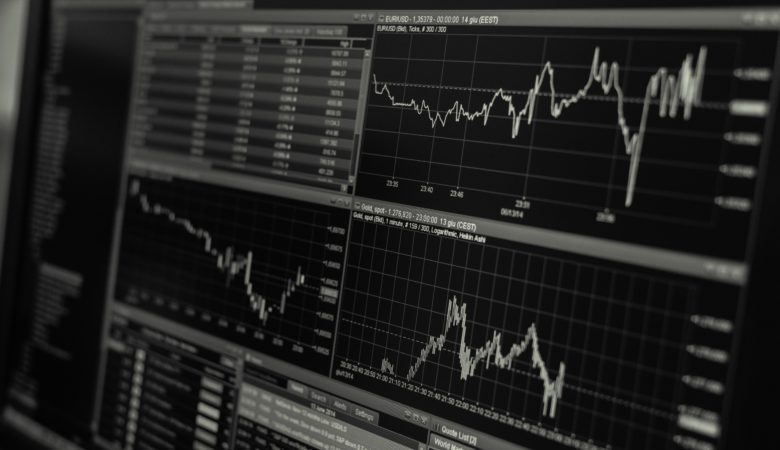The Economic Impact of Counterfeiting and Copyright Theft in Kenya
In recent findings, The Kenyan Anti-Counterfeit Authority, a project of the Ministry of Industry, Investment and Trade, celebrated World Anti-Counterfeit Day by launching two projects: a National Baseline Survey that found illicit trade cost the government $100 billion KS, and a National Illicit Trade Observatory that tracks illicit goods in the country. With the country getting set to receive public input on a draft Intellectual Property Bill, and begin trade negotiations with the U.S, the concerns regarding high levels of counterfeiting elevate the importance of intellectual property rights to strengthen economic freedom in the country.
With the mission of prohibiting counterfeiting and other forms of illicit trade through promotion and enforcement of intellectual property rights, the Kenyan Anti-Counterfeiting Authority released its National Baseline Survey conducted between October 2019 and February 2020. The survey found the building, mining and construction sector was hit the hardest by counterfeits in the past year by attracting 23.3 percent in value of total illicit trade; it was followed by energy, electrical and electronics sectors at 14.67 percent. In total, the value of all illicit trade in Kenya was estimated to be 103 billion KS ($96 million USD) in 2018, up from 101 billion KS in 2017.
With counterfeiting costing Kenya more than 32.5 percent of jobs in 2018-19, it also saw companies record sales losses of between 37.6 percent and 42.1 percent. These numbers show just how much counterfeiting dislocates hundreds of thousands of legitimate jobs and company revenues in Kenya that could instead be used to help revitalize the Kenyan economy but instead exposes producers and consumers to dangerous and ineffective products.
With the country getting ready to receive public input for the 2020 Intellectual Property Bill, Mugambi Kiai the Regional Director at ARTICLE 19 Eastern Africa, mentioned that the “Intellectual Property Bill, 2020 must not be used to lower the protection of freedom of expression, access to information and justice, media freedom and privacy in Kenya.” Rather, the Bill must ensure that the rights to freedom of expression, access to information and media freedom and privacy are protected.
The launching of the National Baseline Survey and Illicit Trade Observatory are important steps that highlight the economic and social costs of IP theft in Kenya. By tracking these costs and taking enforcement actions Kenya’s dismal ranking as 76 on the International Property Rights Index and scoring a 5.6 on perception of IP protection should improve greatly. In addition, upcoming IP legislation and trade negations with the US are other opportunities for Kenya to adopt best practices and markets for its struggling IP intensive sectors.

